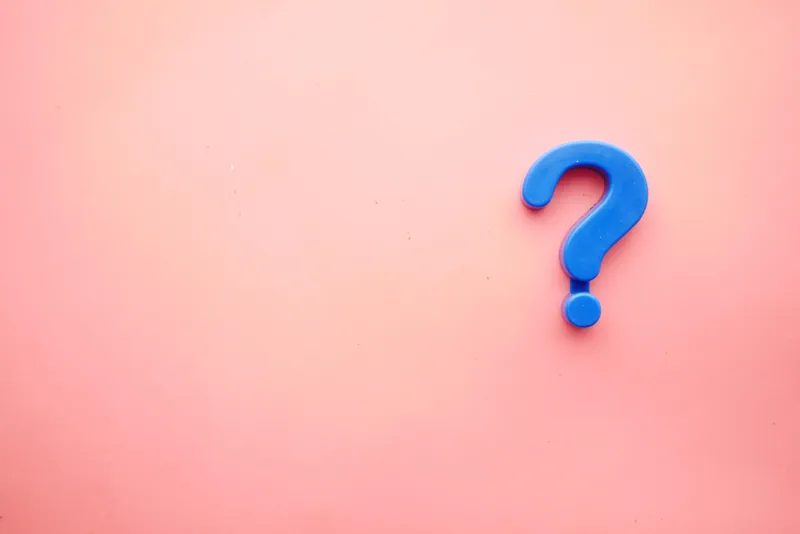Happiness Isn't About Feeling Happy
At least, not entirely...
2 Sept 2015

“What is happiness?”
This question has been ruined. Ruined!
At some point in human history, it would have been possible to pull a deep, thoughtful expression, and to stare away mournfully while musing aloud on the nature of happiness, and you would actually appear to be thoughtful and deep.
But everything has been done before, and here in the 21st Century pretty much everything has been done to death. So I usually can’t help rolling my eyes if anyone attempts to discuss what happiness is. Myself included.
(But I’m going to talk about it anyway.)
We think we want happiness. And some of us - myself included - think we want (or ought) to be happy all the time.
If we have this belief, then when a low mood or difficulty comes along, we feel awful. Not only do we feel bad, we feel extra bad that we’re FAILING at our requirement be happy all the time.
But what if there was another way to look at it?
”Being Happy” Is Not “Feeling Happy”
Wait, what? Happiness isn’t feeling happy?! That sounds insane. Surely feeling happy is the very essence of happiness?
Well, no. As we know, we experience the feeling of happiness when a combination of chemicals is released in our brains. These chemicals feel nice. And we call this “feeling happy”.
But if some mysterious executive from InspiroCorp Ltd showed up at your house with their revolutionary new product to make you feel permanently happy, a brain implant which releases those exact chemicals constantly… how would you respond?
You might shuffle your feet, a bit unsure. But the sales pitch continues:
“I know, I know, you’re worried that you’d merely be faking happiness, but I assure you once you insert the implant you won’t care a bit! You’ll experience constant feelings of delight. Indeed, the thought of faking happiness will itself delight you! You will be immune to all suffering, and will live all your days in constant bliss.”
I think that, to most people, this isn’t an attractive option.
While we think we want constant joy, something in us recoils at the idea of simply modifying our brains to endlessly provide it.*
Sure, it’d be good for a while. But how would we react when something bad happens? When a loved one dies, or falls ill? Feeling actual joy in all circumstances, however bad, would seem to make all our experiences meaningless.
There’s something inhuman about the idea of permanent happy feelings. So why do we think we want them?
* To clarify, I’m talking here about the idea of rewiring your brain to provide permanent ecstasy - not, say, taking medication to handle a chemical imbalance, which is a completely different thing. Rewiring denies us a full range of emotion, while medication is intended to restore the full range.
We Should Stop Wanting The Impossible
Wanting to “feel happy” all the time actually doubly dooms us: not only is it impossible, even if we succeeded we would lose our humanity.
So the solution is to let go of the goal. To choose a new goal: “I don’t want to feel happy literally all the time”.
When we stop expecting constant happy feelings, something strange happens. During a low mood, instead of worsening it with feelings of failure, I tell myself I’m succeeding at my true goal: to go along with the ebbs and flows of life.
And, weirdly, this makes it possible to embrace the low mood instead of fighting it, and to - paradoxically - feel proud of feeling low.
And suddenly, I don’t feel so low anymore…

Neil Hughes is the author of Walking on Custard & the Meaning of Life, a comical and useful guide to life with anxiety, and The Shop Before Life, a tale about a magical shop which sells human personality traits.
Along with writing more books, he spends his time on standup comedy, speaking about mental health, computer programming, public speaking and everything from music to video games to languages. He struggles to answer the question "so, what do you do?" and is worried that the honest answer is probably "procrastinate."
He would like it if you said hello.